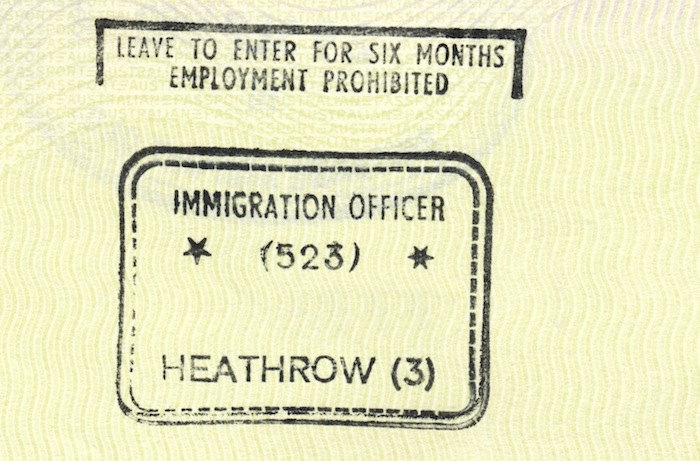Government introduces ‘offensive’ requirement for defendants to disclose nationality
Defendants now have to disclose their nationality at their first appearance before magistrates in England and Wales. The changes to criminal cases were introduced at the start of week as part of the government’s drive to deport more foreign criminals.
The new regulation was introduced under section 162 of the Policing and Crime Act 2017. Requiring disclosure at the first court appearance was not in the bill but brought in through criminal procedure rules not debated in parliament.
If defendants do not comply they could face a going to prison for up to a year. They must also disclose their name and date of birth under the new rules which come into effect on the Monday 13th November. Human rights groups argue this will undermine the right to a fair trial.
The director of Liberty, Martha Spurrier, told the Guardian: ‘Most offences have absolutely nothing to do with immigration, let alone nationality. Bringing border controls into our courtrooms is simply another manifestation of this government fuelling anti-migrant sentiment, division and suspicion.’
Additionally, she raised David Lammy’s recent report which pointed out that the government is aware of the serious problem of racial bias within the Criminal Justice System and commented that this latest move ‘can only worsen that discrimination’ leading to unfair trials.
Some magistrates are also understood to be anxious that requiring defendants to reveal their nationality at the opening of the case could be prejudicial and damage the defendant’s trust in the impartiality of the criminal justice system. Penelope Gibbs (a former magistrate and director of Transform Justice) said that nationality is irrelevant to a crime and that it is not the job of the courts to act as the UK Border Agency.
Writing for the Justice Gap, the defence lawyer Greg Foxsmith said that the provision was ‘offensive and objectionable, and straight out of the UKIP dream statute book’. ‘Why stop there? Why not require confirmation of religion? Perhaps instead of requiring a question and answer routine, the Court could just write down the defendant’s skin colour,’ he said.
A government spokesperson said that where an individual was identified as a foreign offender this would ‘allow the Home Office to begin consideration of deportation action as quickly as possible’.







